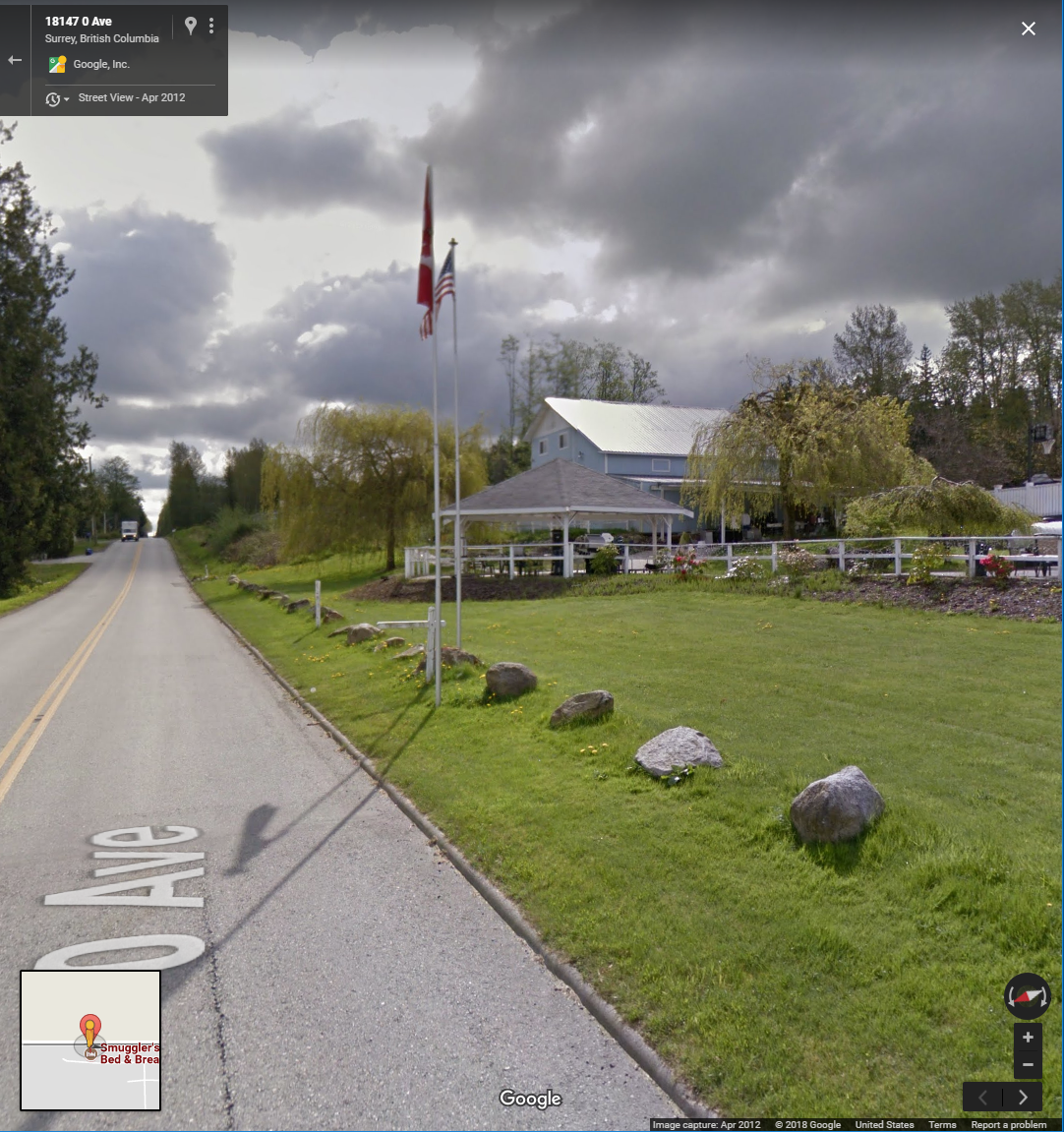Now that ICE and CBP feel like they have carte blanche to "do their jobs," stories like this will only become more frequent:
The coast of White Rock, British Columbia, in western Canada looks to be an ideal place for a run, with its sweeping views of the Semiahmoo Bay to the west and scores of waterfront homes and seafood restaurants to the east. That's what 19-year-old Cedella Roman thought when she went jogging along the area's smooth beaches — in a southbound direction, notably — on May 21.
Roman, who lives in France, had been visiting her mother in nearby North Delta, British Columbia. During Roman's run, she was admiring the scenery when she unwittingly crossed the border from Canada into the United States, Roman told the Canadian Broadcasting Corp.
On May 22, Roman was taken to ICE's Northwest Detention Center in Tacoma, Wash., about 140 miles south of the border point where she had been arrested. She remained detained until June 5 when, after two weeks of paperwork and processing, Roman was taken back to the border “and removed to Canada,” Cutrell said.
Two weeks in detention—basically, a kidnapping—because she didn't have her French passport with her while jogging. CBP commented:
If an individual enters the United States at a location other than an official port of entry and without inspection by a Customs and Border Protection officer, they have illegally entered the United States and will be processed accordingly. It is the responsibility of an individual traveling in the vicinity of an international border to maintain awareness of their surroundings and their location at all times to ensure they do not illegally cross the border.
Here's what the border looks like just 4 kilometers from where Roman was arrested:

That's what almost our entire border with Canada looks like. That's because, since its founding in July 1867, Canada has remained the United States' closest friend and ally.
Arresting visitors to Canada who accidentally jog across an invisible line and holding them for two weeks is not how you treat a friend. But this was a discretionary arrest and detention; the CBP agents had the authority to shoo her back across the border without an incident.
This is what happens when the guy at the top gives people at the bottom permission to behave like assholes: some of them will.